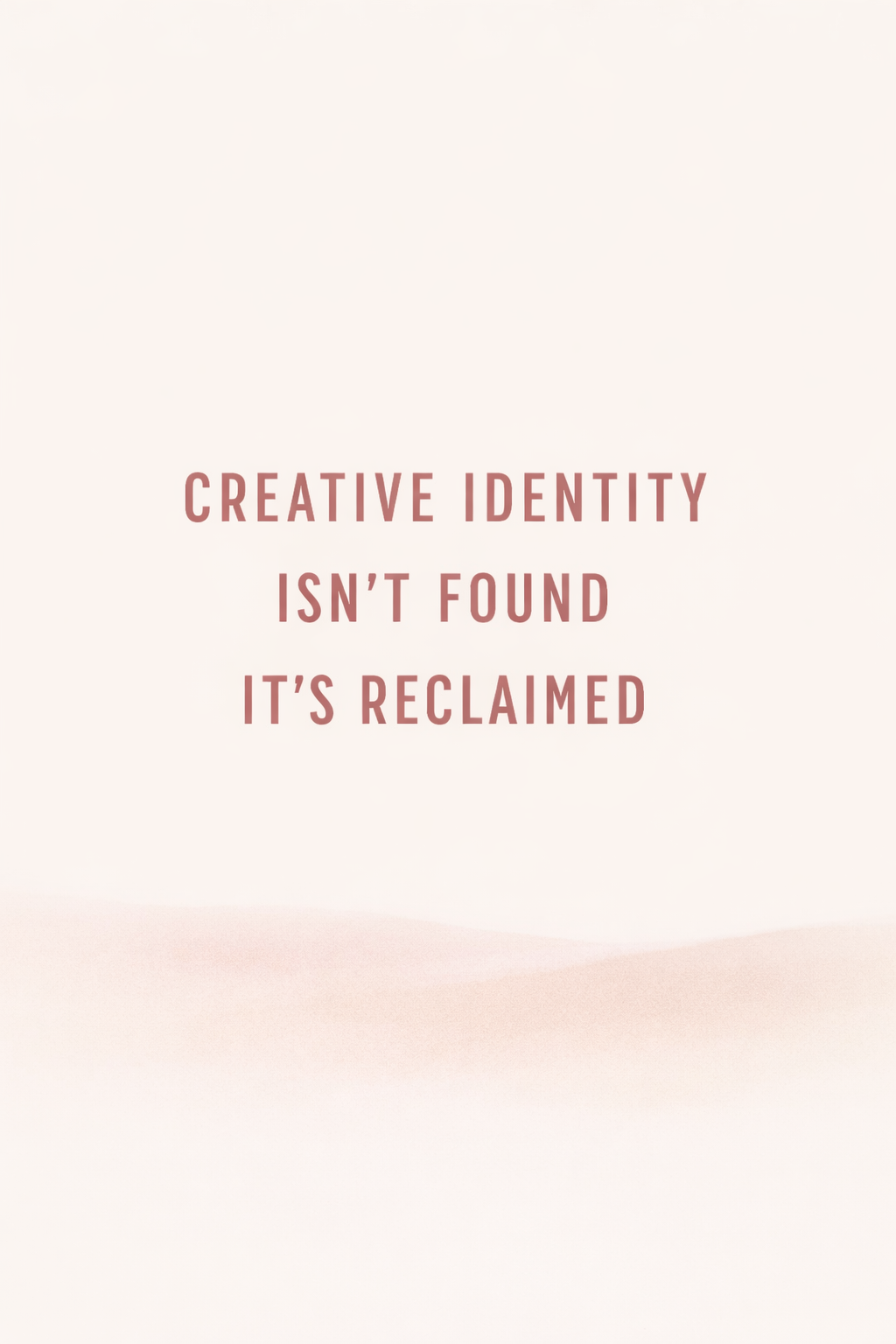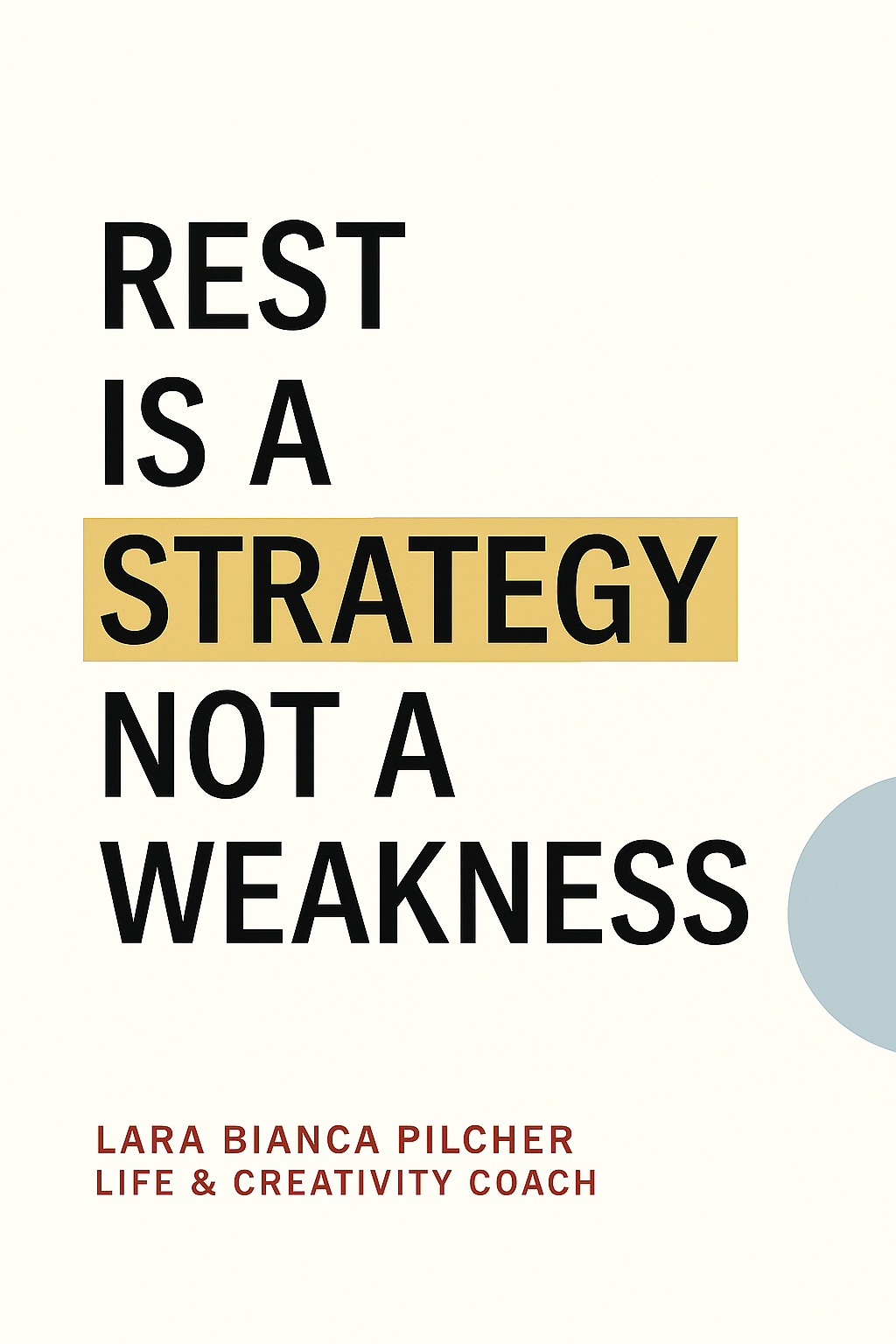The art of healthy eating can be confusing for many. Many performing artists (and other kinds of artists) find a lot of confusion, shame, and control issues behind their diets and eating plans. Much conflicting, ever-changing information about clean eating, keto, and other eating styles exists. Many artists struggle with disordered eating, eating disorders, their daily relationship with food, weight maintenance, weight gain or loss, food, and nutrition in general. Carbs, fats, protein, macro and micro, and many other words confuse. Eating the right foods is necessary for optimum performance, appearance, and sleep. So, how do we build a sustainable relationship with food? What do we and don’t we eat?
Performing Artists such as actors, singers, and dancers often have erratic schedules, multiple jobs, and emotional struggles. They often have little money to buy the health products they would like.
Help From a Certified Nutritionist Consultant and Functional Medicine Health Coach

I asked Stephen Murphy, a Certified Nutritionist Consultant and Functional Medicine Health Coach (Certificated), for his wisdom. Stephen spends his whole week with artists and performers as staff at a California arts conservatory. He is a singer and musician himself and grew up acting and performing. His heart to see performers thriving is undeniable!
I asked Stephen about the art of healthy eating and what lies he sees surrounding nutrition today. His answer surprised me! “Lie one is that it’s too expensive to be healthy, and lie two is that fat makes you fat. These are two lies that I find are consistent with the people I work with,” he shared. “The most nutrient-dense food is proteins and fats. They can keep you going for a longer period; they also keep your brain focus better. As an artist, they help you remember those lines and dance moves, so being clear in your mind is important. The most important one to remember is MCT oil, which comes from coconuts. It gets absorbed quickly into the body and becomes fuel almost immediately.”
Is everyone’s diet needs the same, or are we all different?
“Everyone’s diets are a little different and genetically different as well. However, across the board, we all need the basic nutrients: vitamins, minerals, fats, and proteins. Carbohydrates are important for other reasons, but you can technically live without them. However, it’s important to have carbohydrates for the good bacteria in your body,” Said Stephen.
What food mistakes are common with performers?
Stephen is around performing artists all day, every day. I wondered what Stephen sees as the most common food mistakes performers make or not serving artists well. “The number 1 food mistake I see has nothing to do with the food itself; it has to do with how performers eat their food.” He continues, “When you’re a performer, you’re on the go; you only have a few minutes before your next performance, practice, or whatever you do. I notice performers eat fast, push it all down, and go into the next thing. …our bodies do not love that.”

“Performers need to slow down and take some time to eat, slow down their chewing. That gets your body in a mode that is ready to eat and digest your food better. It’s important to chew your food. I have had clients who have lost weight by doing this one thing alone: taking the time to slow down and chew their food and enjoy it.”
Habits and psychology around food
For many performers, the art of healthy eating is riddled with bad habits and cravings. How do we go about habit-breaking when it’s not serving us? Stephen shared that “we must be able to identify, stop for a moment, get still and identify… I have physical cravings, emotional, spiritual, and intellectual. Each craving needs to be put in its spot. The wires get crossed.” My body will find the sweetest thing to meet a craving. There are real sugar cravings; these occur when our brain is addicted to the response we get from the sugar, but when our wires get crossed, we need to ask ourselves, what am I needing right now?”

I see that “musicians are often laid back with food, and dancers are very strategic. They, however, often don’t always know what to eat or when to eat it.”
What does the art of healthy eating look like for a performer?
What does an optimum day look like for a performer? Should performers eat differently from other people? Stephen said to “focus on higher protein food groups; I like getting most of my fuel from fat and protein.” An artist can keep a notepad and track how they feel after eating carbohydrates in the morning and then track how they feel after eating fats and proteins. Often, artists I treat consistently say they feel more energy and focus when eating fats and proteins in the morning.
It’s important to note that dietitians, nutritionists, and functional medicine coaches are three different jobs. Steph shared that as a nutritionist and functional medicine coach, he is trained to get to the root cause of the problem. This is important because masking the problem or numbing the symptoms of a problem does not serve a performer well in the long term. “I recommend people in their hometown to Google Search for Functional Medicine Practitioners.” He said. “Those professionals can help you find out what’s happening in you. What’s happening in your blood? You should want to heal yourself fully and not mask the symptoms.”
In the podcast episode, Stephen shares many more tips, hacks, and wisdom. The links are at the top of this article. Find Stephen’s practitioner-based products at https://comeliveagain.metagenics.com/
With you on the journey, friend.
LBP X
Build a life of love, purpose, adventure, and boundless creativity.
Take the first steps toward this inspiring journey now.
Book personalized Life Coaching with Lara here.
Purchase The Creative Purpose Journal here.
Learn more about Lara here
Find me on Instagram here






Build a life of love, purpose, adventure & boundless creativity!